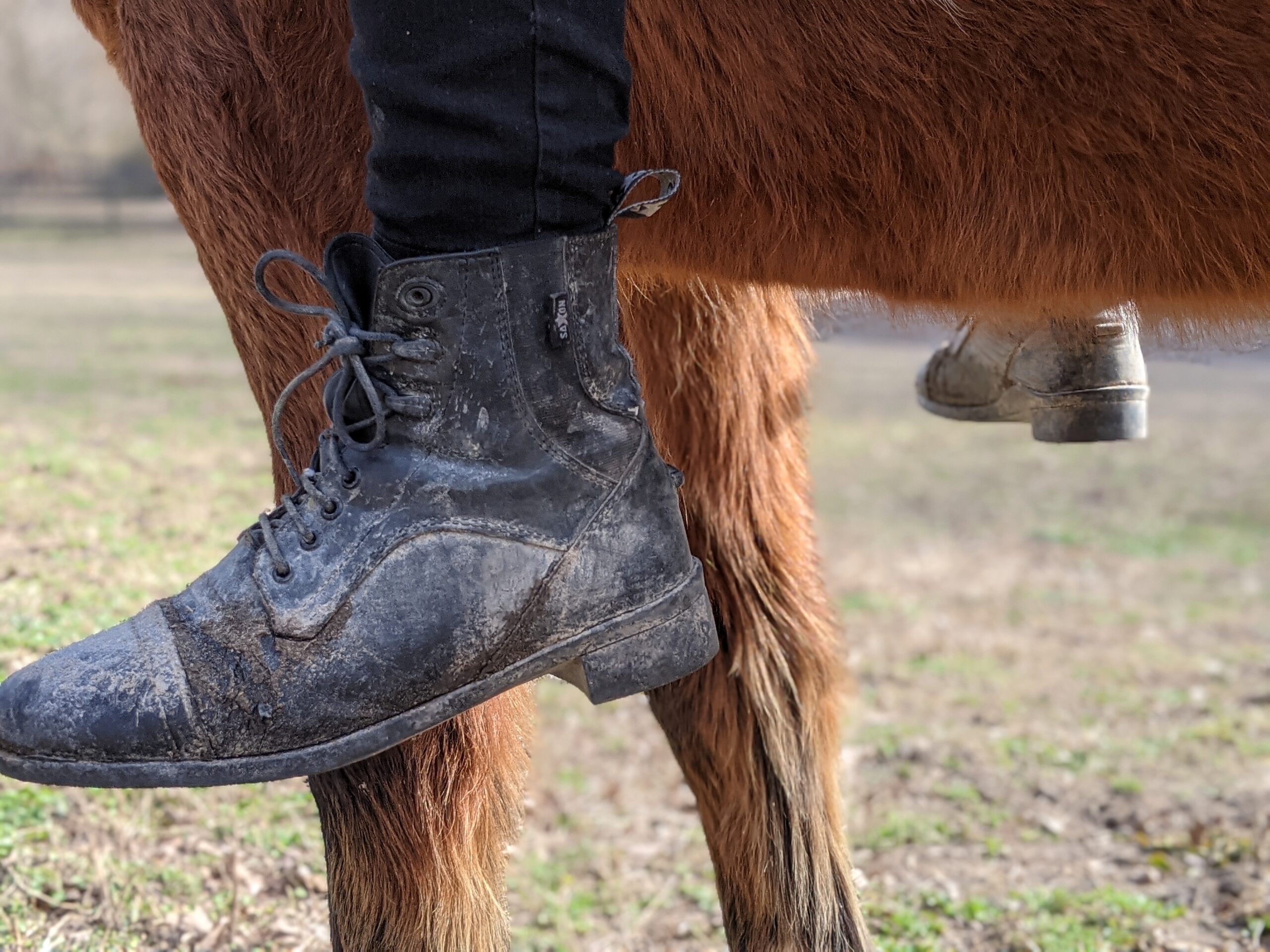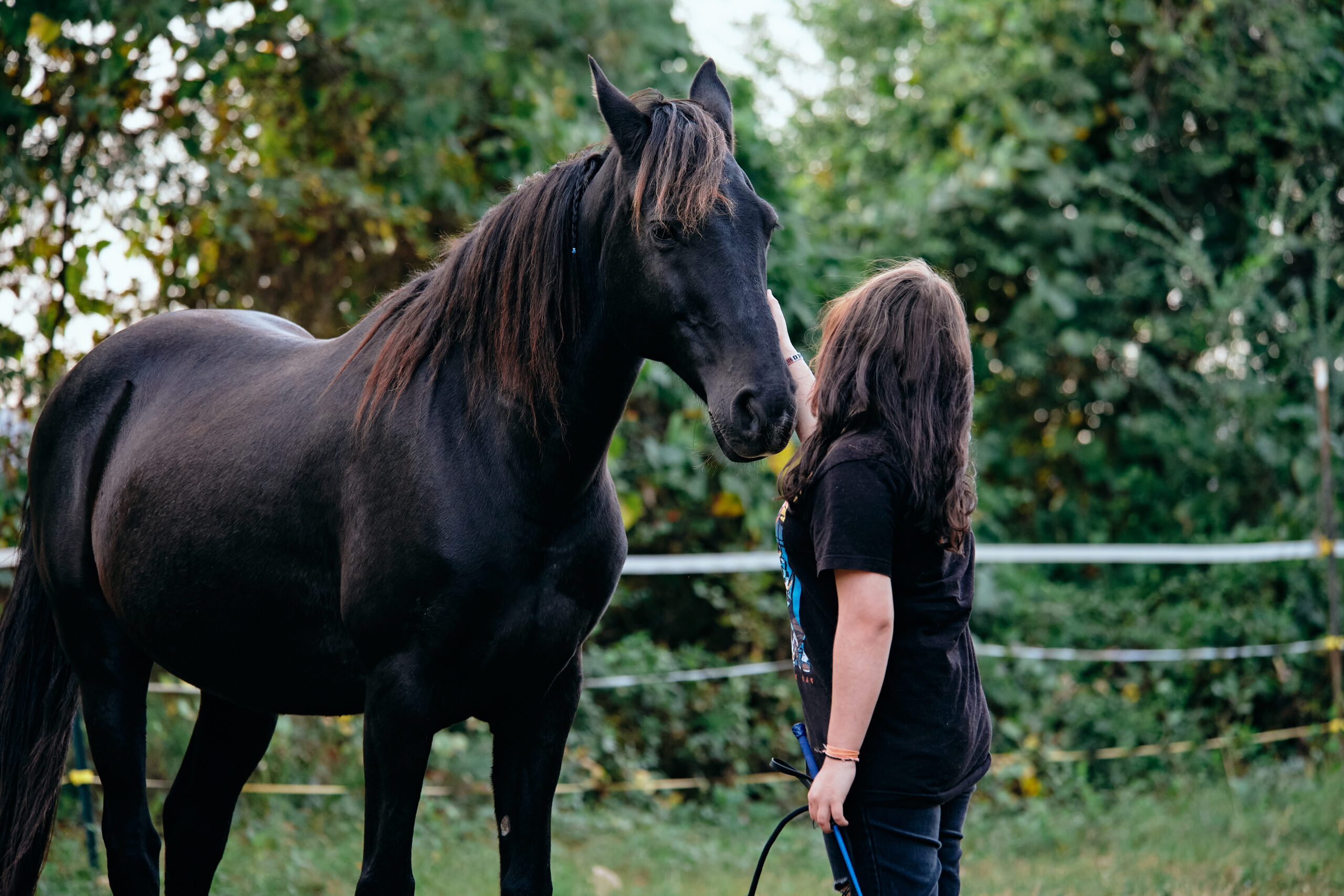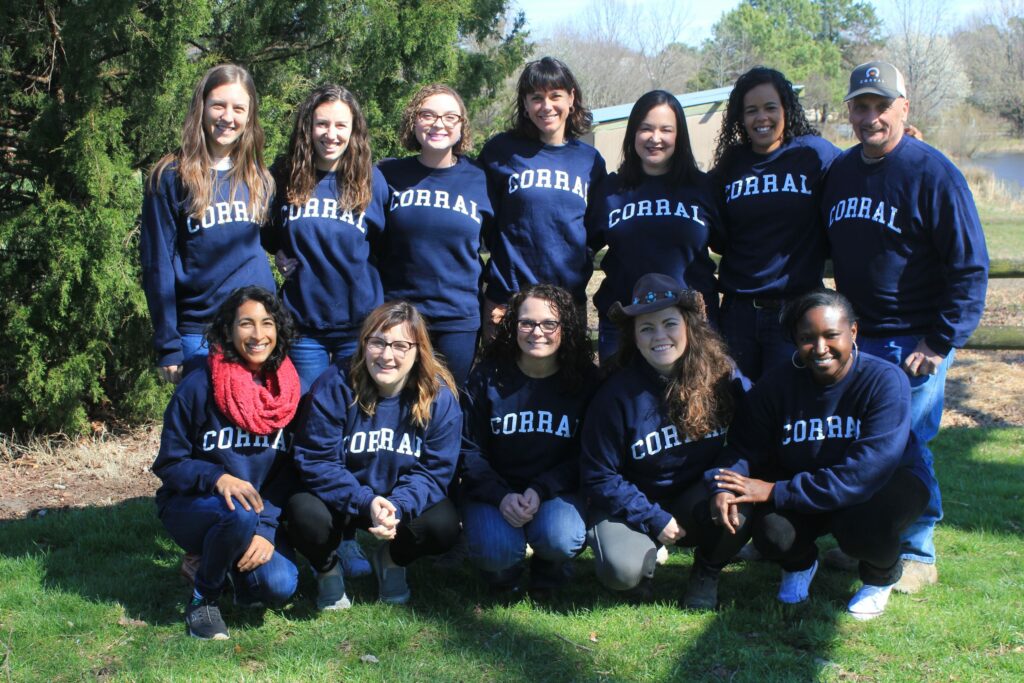Written by Katie Zucco, Manager of Mental Health Services at our Neuse River Campus and a Licensed Clinical Social Worker Associate (LCSWA). Prior to CORRAL, Katie worked at an eating disorder hospital for adults and has firsthand experience working with eating disorders and is here to talk about COVID-19’s impact on diet culture.
Where I have seen resiliency and community fall short is a spike in diet culture and fat phobia. Blog posts and societal expectations that we “should” all be working out with all this “free time in COVID”. People shaming themselves and others if they gain weight during this time. It is vital to remember we are experiencing a global pandemic, the world is collectively experiencing a traumatic event. When we are stressed and experiencing anxiety, our bodies produce cortisol. This hormone triggers an appetite increase, which serves us biologically by storing energy in response to an immediate threat (1). Food is a way we are self-soothing and coping during an incredibly stressful time. And that is okay. It is okay to find meaning and joy through cooking and baking. It is okay to be compassionate towards ourselves and allow our bodies to eat food. Even outside of a pandemic, food is something our bodies need for survival. Food is fuel.
Food: A Complex Relationship
We have layered and complicated relationships with food. We use food as a vehicle for celebrations and togetherness. On the other side of the coin, we see it as earned for exercise or punished for no exercise. We assign morality to food, labeling it as “good” or “bad,” engaging in disorder behaviors such as restriction and bingeing as a response to this. We judge people on the food they eat and the size of their body. We talk about food not as something we need, but something we must deserve. This is all a part of diet culture. Christy Harrison, an anti-diet dietitian and certified intuitive eating counselor, defines diet culture as a system of beliefs that:
- Places value and equates health and moral virtue to body size (specifically thinness)
- Ties weight loss to (higher) status
- Demonizes and elevates specific foods and then internalizing those messages about ourselves
- Discriminates on people who don’t fit into this version of “health” (2)
It is more than just fad diets. We celebrate weight loss and shame our food choices. This is a cultural phenomenon we see in our daily conversations with friends, family, and coworkers. It is fatphobic comments that put down others and we see in our lives. “You are what you eat.” “You’d probably have a partner if you lost weight.” It assumes you couldn’t possibly be healthy if you aren’t thin. Additionally, there is a layer of other -isms (classism, racism, ableism, sexism, hom0phobia, transphobia, etc.) that intersect with diet culture.
Diet Culture and Oppression
First, we must define intersectionality as the overlapping of independent systems of oppression. We see daily how sexism impacts ourselves and the young women we work with at CORRAL through policing dress code in schools, promotions, attributes, & pay in employment, and an emphasis on following prescribed feminine gender roles. Diet culture intersects with sexism when we think about how women’s bodies are policed. Our clothes equate to “asking for it (consequence),” thinness objectified to sell products and self-esteem, and status. Fat women are marginalized by their womanhood and body size.
Diet Culture’s Impact on CORRAL’s Girls
Diet culture has allowed us to pathologize fat bodies. It also promotes disordered eating which I see daily our CORRAL girls experiencing firsthand. Christy Harrison interviewed Lindy West on her podcast and they discussed the way we promote disordered eating behaviors in larger bodies and praise it in smaller bodies. I note these as disordered eating behaviors because they are. West noted, we praise women in larger bodies for eating their 10 almonds as a snack as self-controlled and diligent, where in thin bodies, this is a disordered eating behavior (3). As I referenced earlier, these types of behaviors we have normalized and see everywhere in our lives, which the young women at CORRAL see and engage in too.
I was sitting in a virtual therapy group with the CORRAL girls at the start of COVID and I had planned a whole session on time management when one of the girls changed the trajectory by discussing the Vaseline and Saran Wrap activity she had planned later to help her lose weight. She is 12 years old. At twelve years old, she understood the societal expectations of what bodies “should” look like. She was armed with YouTube videos of viral stars sharing the “truth” of this weight loss method and selling other detox and weight loss products. This girl is smart, funny, insightful, empathetic, a leader, a horsewoman, musically talented, and caring. But, society tells us these things don’t matter if she is not in a small body.
Diet and our Youth
The National Eating Disorder Association reported on research that shared girls as young as 6 years old are concerned about their weight and shape. Additionally, 40-60% of elementary-aged girls are worried about becoming too fat. Other research found that “over one-half of teenage girls and nearly one-third of teenage boys use unhealthy weight control behaviors such as skipping meals, fasting, smoking cigarettes, vomiting, and taking laxatives.” (4)
How do we survive and cope through this? We dismantle food myths! Therapeutic interventions on our values & “life worth living” outside of eating disorders. Learn about diet culture and its intersection with other identities and oppression. DBT is a modality used for folks diagnosed with eating disorders to support emotion regulation and distress tolerance skills to assist with coping. Learning about intuitive eating to support meeting your body’s needs.
Resources:
NEDA, if looking for a therapist you want to find CEDS (Certified Eating Disorder Specialist) therapists, ED specialized dietitians, HAES (health at every size) providers (therapeutic & medical)
- https://www.bostonglobe.com/2020/05/12/lifestyle/science-behind-why-some-people-are-eating-their-way-through-pandemic/
- https://christyharrison.com/blog/what-is-diet-culture
- https://christyharrison.com/foodpsych/4/how-to-fight-diet-culture-with-lindy-west
- https://www.nationaleatingdisorders.org/sites/default/files/ResourceHandouts/GeneralStatistics.pdf
- https://www.nationaleatingdisorders.org/blog/recognizing-and-resisting-diet-culture
- https://alissarumsey.com/intuitive-eating/what-is-diet-culture/
- https://edrdpro.com/its-time-to-drop-out-of-diet-culture/
- https://www.huffpost.com/entry/how-neuroscience-can-help-you-become-an-intuitive-eater_b_5942ee53e4b0d188d027fcdb





